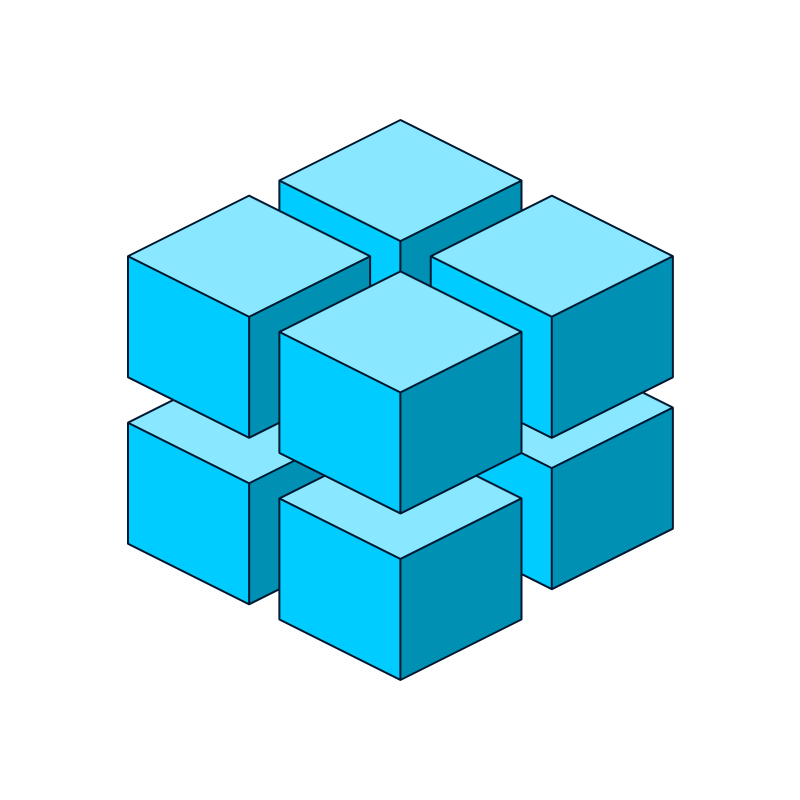At KORTX, our Engineering team powers the platforms that drive our success. Today, we’re featuring Donnie Hinshaw, KORTX’s Director of Engineering.
Since joining in July 2017, Donnie has been a key architect behind Blueprint, Kampus, and KORTX Analytics–three platforms that form the backbone of our digital infrastructure. His technical expertise and collaborative approach have strengthened these systems and fostered a team culture of innovation and continuous improvement.
Beyond his commitment to excellence, countless engineering hours, and hundreds of lines of code (and knowing most of the world’s flags!), Donnie thrives on tackling complex projects and pushing boundaries with his team. Join us as we explore Donnie’s journey at KORTX, his reflections on what makes this team unique, and his vision for the future of engineering in a tech-driven world.

Explain your role here at KORTX. What team are you on?
I am part of the Engineering team, where we develop and maintain KORTX’s applications. Our key projects include Blueprint, our internal CRM; Kampus, our marketing platform; and KORTX Analytics, our data aggregation and visualization tool.
We prioritize sharing responsibilities across our projects and technology stack, which fosters collaboration and innovation. Personally, I find great satisfaction in working with our cloud infrastructure and back-end tools.
When did you join KORTX?
I joined in July of 2017.
What do you love about KORTX?
At a company level, I enjoy the people and the leadership. Being a small company means we can easily see how our work directly impacts the business. I think that visibility motivates people, and in turn, everyone takes pride in their work.
As a developer, I enjoy the diverse challenges we face. Our small team allows us to engage with all levels of the technical stack, unlike larger companies where tasks and roles are confined to a specialty.
We frequently tackle new problems that require us to learn and adapt to different tools and technologies. Projects such as these allow for the most growth and are the most rewarding for me as a developer.

What got you interested in software engineering & how many software languages do you know?
I got started later than most, I think. My first programming course was in college (Computer Science 1 – Java). I enjoyed it so much that I reworked my courses to change majors from Business.
Once you’ve mastered 2 or 3 programming languages, picking up new ones becomes much easier, as they often share similar features and syntax. At KORTX, I regularly use about five languages, but throughout my career, I’ve worked with more than ten.
Can you describe a recent engineering project or initiative you’re particularly proud of?
Early on, our developers were relatively siloed, focusing only on specific projects. To improve our teamwork, we made changes to encourage collaboration and maximize efficiency.
One way we did this was by implementing a rotating on-call schedule. Each developer has a week during which they field bugs and requests. They can reach out for help as needed, but this exposure has led to great results over time.

What’s a typical day like for you?
I start the coffee machine and turn on my computer. Then, I check my emails for urgent matters that need immediate attention and glance at my calendar to see when I can focus on development work.
After that, I start on my current task. We plan our work out in 6-week increments, so I know what task I work on daily.
LLMs and Machine Learning have been out for a while, but how do you see AI and machine learning shaping the future of software engineering?
I don’t think I bring anything new to this conversation. For our team, it has been helpful in answering specific questions about the tools and frameworks we are using. We have also used it to write boilerplate code, which would otherwise be time-consuming.
Overall, it helps us work more efficiently and troubleshoot issues that would have otherwise required digging through documentation. While it’s tempting to think it could eventually replace many of our tasks, I’m uncertain how close we are to that reality.
What are your favorite things to do outside of work?
I enjoy spending time with my two-month-old daughter. It is exciting to see her learning new things nearly every day.

What weird fact(s) do you know?
I used to know all of the world flags. Now, I would probably get a few of the obscure ones wrong.
➡️ More from our Meet the Team series:
- Meet Our Team: Discover the Faces Behind KORTX’s Success: Explore our roundup post to meet other team members defining success at KORTX.
- Meet Jeff Israel: Director of Analytics at KORTX: Read more about our Director of Analytics, Jeff Israel, and his day-to-day duties.
- Meet Jess Ostrom, VP of Client Services: Learn more about Jess Ostrom, exploring her leadership approach and insights into her role.

